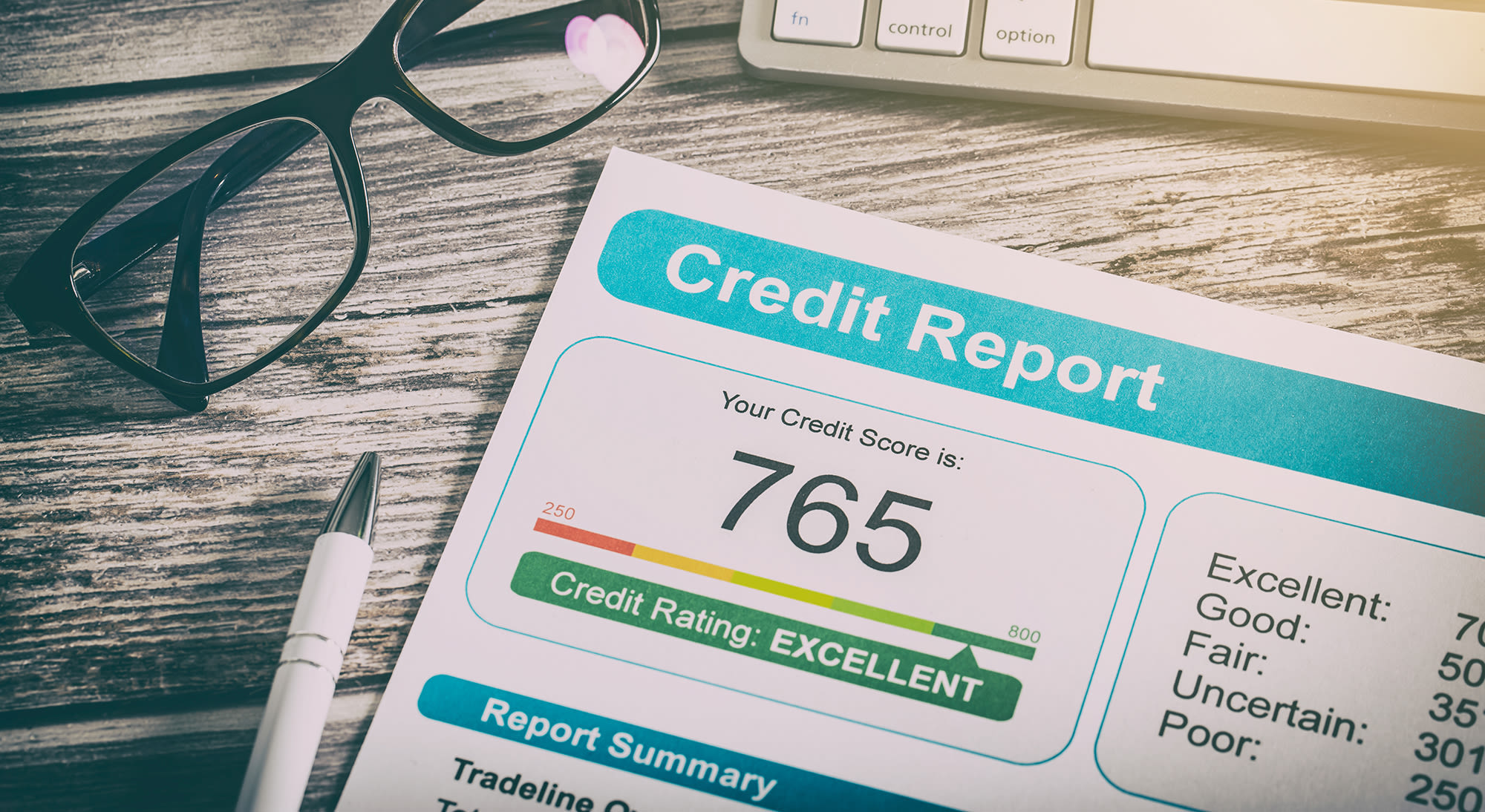It’s a great idea to step into a new decade feeling financially healthy. A footprint of your financial history, your credit report is reported to three national credit reporting agencies: Equifax, Experian, and TransUnion. Whether you pay your bills on time, how many credit cards you have, and any loans or bankruptcies are all on your credit report as companies report this information to the credit agencies.
Although you might be inclined to let a few years pass between checking it, it’s important to request a copy every 12 months. In fact, the Federal Trade Commission released the results of an earlier study that showed one in five consumers have an error on at least one of their three credit reports.
The federal Fair Credit Reporting Act (FCRA) strives to help protect consumers and ensures each consumer is entitled to a free annual credit report.
You can receive your free credit report once a year at annualcreditreport.com or by calling (877) 322-8228.
It’s important to verify the accuracy of the information because information in your credit report:
- Affects how much you can borrow and how much you will have to pay
- May influence potential employment opportunities
- Is often the first sign of identity theft, and the sooner you know, the sooner you can clear it up
After decades building credit in the way of credit cards, auto loans, home loans, and other items, your credit report might have inconsistencies. This is clearly more likely to happen if you have a common name, as well, and increases the complexity of identity theft cases.
Removing Errors
Under the FCRA, you have the right to request the removal of incorrect or misleading information from your credit report. If an error appears on your credit report, you have a few ways you can request an update. If you request your credit report online through annualcreditreport.com, you can report and dispute incorrect information online. Make sure to print copies of what you submit. If you call to receive your credit report through the mail, send a dispute letter, including copies of your supporting documents. (Never send the original documentation.) Send your dispute letter by certified mail so you have proof that it was received and keep copies.
The Credit companies then have 30 days to investigate your dispute, and they are required to send all of the items you sent to the original company that reported the information to them in the first place. The company is then required to investigate and report back to the credit company. If they find in your favor, they’re required to notify all three national credit reporting companies so they can correct the information.
After the process is complete, the credit agency must send you results in writing and a free copy of your report if it changed as a result of your inquiry. (This doesn’t count as your free report.) You can also ask that the credit agency send notice of corrections to anyone who received your credit report in the last six months. For employment purposes, you have a right to request a corrected copy of your credit report is sent to anyone who received it in the past two years.
What To Do If The Error Stays
If the credit reporting agency decides to keep the information you disputed, you have the right to add a statement to your credit bureau file to explain your side of the story. You can also write directly to the company that originally provided the information to the credit reporting agency, including copies of your supporting information. If they determine that you are correct, they must provide that information to the credit reporting agency to update or delete the information in your credit report.
Even correct but negative information on your credit report will eventually disappear. Most of it is removed after seven years with the exception of bankruptcies, which remain for 10 years. Information about an unpaid judgment against you can stay for seven years or until the statute of limitations runs out.





